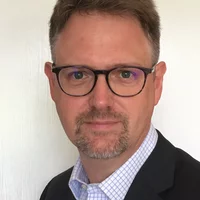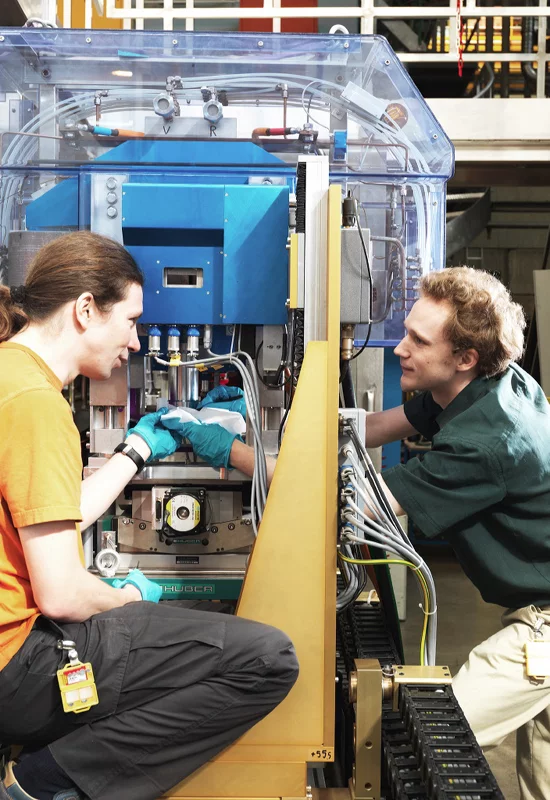PSI's large scale facilities are open to external scientists
Neutrons, synchrotron light and muons are very useful for researchers in a variety of disciplines. Using these probes
, we can determine the structure of crystals, they help us understand magnetic processes, or they can reveal the structures of biological materials. However, producing these probes is so difficult that most research groups will not have a neutron, muon or synchrotron-light sources at their own scientific centres.
In order to ensure that as many researchers as possible have access to neutrons, synchrotron light and muons, PSI operates the appropriate large-scale facilities SINQ, SLS and SμS, and provides access to these facilities to researchers from PSI as well as to external scientists from Switzerland and other countries who need these probes for their own research. The combination of facilities provided by PSI can be found at only one other location in the world.
Beam time is allocated to the best scientific projects
Any scientist hoping for solutions to his or her scientific problems from experiments with neutrons, muons or synchrotron light can apply for beam time at PSI. To apply, he or she has to submit a proposal describing the scientific problem, the intended experiment and the expectations from the results. It is then the task of committees made up of international experts to check the scientific quality of the proposals and to suggest to PSI which applicants should actually receive beam time. Approximately one half to two-thirds of all proposals are accepted.
Beam time is free to all users from scientific and academic institutions – in the same way that Swiss researchers can perform experiments free of charge at research facilities in other countries. Users from industrial companies, on the other hand, have to buy beam time at PSI in a special procedure in order to use it for their own applied research.
Die Messzeit geht an die besten Forschungsprojekte
Sämtliche Forscher, die sich durch die Nutzung von Neutronen, Myonen oder Synchrotronlicht Antworten auf ihre wissenschaftlichen Fragestellungen erhoffen, können sich beim PSI um Messzeit bewerben. Dazu müssen sie in einem Antrag die Fragestellung, das geplante Experiment und die Erwartungen an die Messung beschreiben. Mit internationalen Fachleuten besetzte Komitees bewerten diese Messzeitanträge dann auf Ihre wissenschaftliche Qualität hin und empfehlen dem PSI, welche Anträge tatsächlich Messzeit bekommen sollen. Rund ein Drittel bis die Hälfte der Anträge muss abgelehnt werden.
Die Messzeit ist am PSI für alle akademischen Forschenden kostenlos – genauso wie Schweizer Wissenschaftler auch kostenlos an den Einrichtungen in anderen Ländern forschen können. Nutzer aus der Industrie hingegen können in einem besonderen Verfahren auch Strahlzeit kaufen und die Anlagen des PSI für ihre angewandte Forschung verwenden.
Additional information
- SINQ neutron source, Swiss Light Source SLS und SμS muon source
Large scale facilities accessible for external users - User Lab
More information about the user lab and the application procedure - User service in numbers
Facts and figures of the Paul Scherrer Institute.

